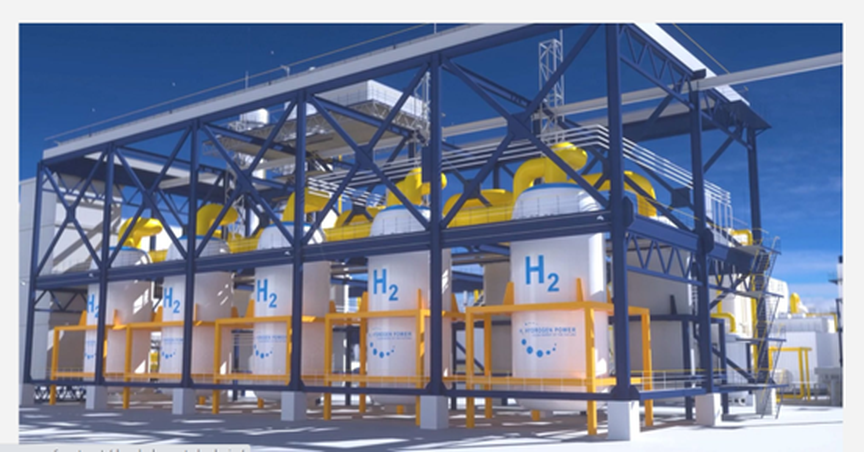Pennon Group (LSE:PNN), a company listed on the FTSE 250, operates in the water utilities sector, which is typically considered stable due to its essential services. However, the company's share price has declined by 44% since 2019, which contrasts with its expected stability.
Recent Dividend Reductions
Earlier this year, Pennon reduced its final dividend payout following a £2.2 million fine for improper sewage disposal. Despite this reduction, the final dividend of 30.33p per share was still higher than the previous year’s 29.77p per share. However, the dividend cut is indicative of broader issues the company faces. Pennon has also faced a £3.5 million fine related to an outbreak of cryptosporidium, which may impact its dividend payments for 2025. The company is potentially facing more regulatory challenges that could affect its financial stability.
Regulatory Pressures
The recent political shift could lead to stricter regulations for water utilities. The Labour Party’s manifesto includes proposals for harsher penalties and increased regulatory oversight, particularly concerning sewage management. This could result in higher fines and greater regulatory power, adding to the uncertainties surrounding Pennon’s dividend yield. Pennon, protected from competition, does not have control over its pricing, which must be approved by Ofwat. Recently,Southwest Water, part of Pennon, requested a 33% increase in water bills by 2030 but was only granted a 13% increase. This discrepancy could create financial strain on Pennon, especially as it needs to invest in infrastructure.
Financial Strain and Borrowing Concerns
Given Pennon’s current level of debt, financing infrastructure investments through borrowing could be risky. This situation may force the company to draw from its dividends, putting additional pressure on its income statement.
Short-Selling Activity
The stock’s current situation has attracted short sellers, reflecting concerns about the company’s profitability and regulatory pressures. The combination of regulatory scrutiny and potential increases in costs does not bode well for the company’s financial performance.



